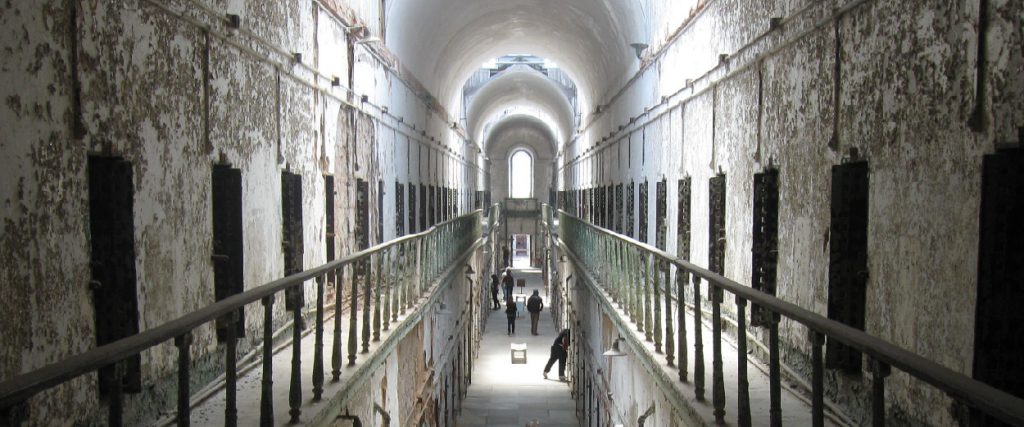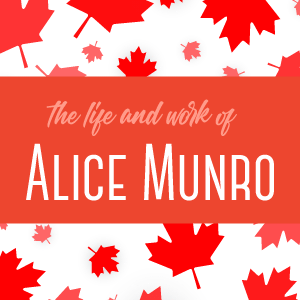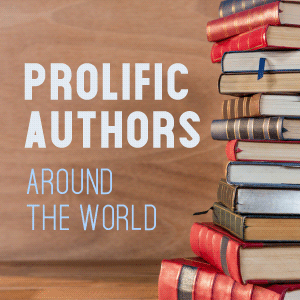Five of the Best Books About Prison

Authors Behind Bars
What do Fyodor Dostoevsky, Miguel de Cervantes, Oscar Wilde, and Jack London have in common?
Besides being among most famous authors in Western literature, each of these writers also served time in prison. Dostoevsky was imprisoned for participating in outlawed political activity, de Cervantes for questionable tax practices, Wilde for “gross indecency” (a legal term interpreted as condemnation of his homosexuality), London for “vagrancy,” and Thoreau for refusal to pay a poll tax.
In one way or another, it is clear that many imprisoned authors were able to gain inspiration in spite of, or perhaps because of, their imprisonment. Cervantes, for example, began the epic Don Quijote during his brief prison stint, and Dostoevsky contemplated Notes from Underground during his four-year hard labor encampment. Notes from Underground has been called the first true existential novel, credited for spurring the modernist movement in literature.
Thoreau’s single night in jail begot his related essay, On the Duty of Civil Disobedience, a work which later inspired Civil Rights leader Martin Luther King Jr. to write his own Letter from Birmingham Jail.
Five of the Best Books About Prison
Whether imprisoned for a single day or many, many years, spending time behind bars impacted these writers and their works in profound ways. Many of these formerly imprisoned authors went on to write harrowing accounts of prison life or to incorporate themes of freedom and oppression in their novels.
Whether fictional or non-fictional, books about prison can be powerful tools of expression, protest, and awareness-building. In no particular order, here is our list of five of the most powerful books about prison:
1. The House of the Dead, Fyodor Dostoevsky
Published between 1861 and 1862, The House of the Dead follows narrator Aleksandr Petrovich Goryanchikov, an upper-class man who is sentenced to 10 years of hard labor in Siberia for murdering his wife. Many of the characters and plot points were adapted from Dostoevsky’s four years in a similar labor camp, though he has pointed out that the work is not strictly autobiographical. Written as a sort of loose collections of facts and ideas, this novel details even the mundane aspects of prison life, exposes the harsh treatment of prisoners under the Russian gulag system, and laments man’s potential for extreme cruelty against one another.
2. One Day in the Life of Ivan Denisovich, Aleksandr Solzhenitsyn
In November 1962, almost exactly 100 years after Dostoevsky’s The House of the Dead, Aleksandr Solzhenitsyn published a similarly devastating portrait of imprisonment in Russia (which at this point had become the Soviet Union). One Day in the Life of Ivan Denisovich follows the eponymous character, who is also falsely imprisoned in a Soviet gulag for 10 years, accused of being a spy. Like Dostoevsky, Solzhenitsyn was himself imprisoned in a gulag for eight years for criticizing Stalin. One Day examines the nature of prison life, highlighting the guards’ inhumane treatment of prisoners and the prisoners’ all-encompassing focus on survival.
Solzhenitsyn won the Nobel Prize for Literature in 1970 and continued to publish pieces critical of the Soviet Union. He was deported in 1974 and only reentered the country after the dissolution of the Soviet Union nearly 20 years later.
3. A Tale of Two Cities, Charles Dickens
Unlike Dostoevsky and Solzhenitsyn, Charles Dickens did not spend time in prison. However, at an early age, Dickens saw his father send to a debtors’ prison, a circumstance that changed young Dickens’ life forever and had a clear impact on his future work as a writer. Nearly all of Dickens’ novels incorporate themes of imprisonment—either physical, societal, or financial. From the very beginning to last page, A Tale of Two Cities follows Alexandre Manette, a wrongly and secretly imprisoned French doctor, and his daughter Lucie.
Along with themes of social class and poverty, A Tale of Two Cities explores the ways in which imprisonment is unjustly used to silence critics and gain vengeance, as well as the lasting effects of solitary confinement on the human mind.
4. A Lesson Before Dying, Ernest Gaines
Published in 1993, A Lesson Before Dying has a prison in the American South as its primary setting. Unlike the three previous picks, this novel doesn’t dwell much on prison life itself, though nearly the entire plot plays out in the prison. The novel’s main character, Jefferson, is a poorly educated African-American man who is wrongly convicted of murder. While awaiting his execution in the county jail, Jefferson is visited by a teacher, with whom he gradually builds a relationship.
A Lesson Before Dying not only exposes the severe discrimination that blacks faced in the American South, but it also illustrates how the imprisoned can, in some small way, empower themselves and their community in the face of tragic and unavoidable injustice.
5. Conversations with Myself, Nelson Mandela
This last pick differs greatly from the first four books about prison because it, of course, is the expressly autobiographical story of a real man imprisoned for over 30 years. Compared to Nelson Mandela’s more famous autobiography The Long Walk Home, Conversations with Myself feels less “put-together” and more like a scrapbook. Filled with letters, notes, and small remembrances of everyday life, this autobiography shows an extremely personal side to the public hero that Mandela became. Above all, the book demonstrates Mandela’s commitment to the end of apartheid, despite many personal struggles.
Conclusion
Regardless of whether authors themselves spent time in prison or simply observed the experiences of others, themes of imprisonment and social justice abound in classic and contemporary literature. We chose only five of our favorites, the ones we felt most moving and profound, but many other classics exist: Little Dorrit, Crime and Punishment, In the Penal Colony, The Green Mile, In the Belly of the Beast—and we could go on.
Both fictional and non-fictional books about prison are important because they play an essential role in exposing societal and legal injustice and awakening public consciousness to the plight of marginalized people.





Leave a Reply
1 Comment on "Five of the Best Books About Prison"
[…] To earn a living, Dostoyevsky immediately began writing down stories from his time in Siberia. This eventually became the powerful memoir House of the Dead, which we discussed previously in our post about five impactful books about prison. […]